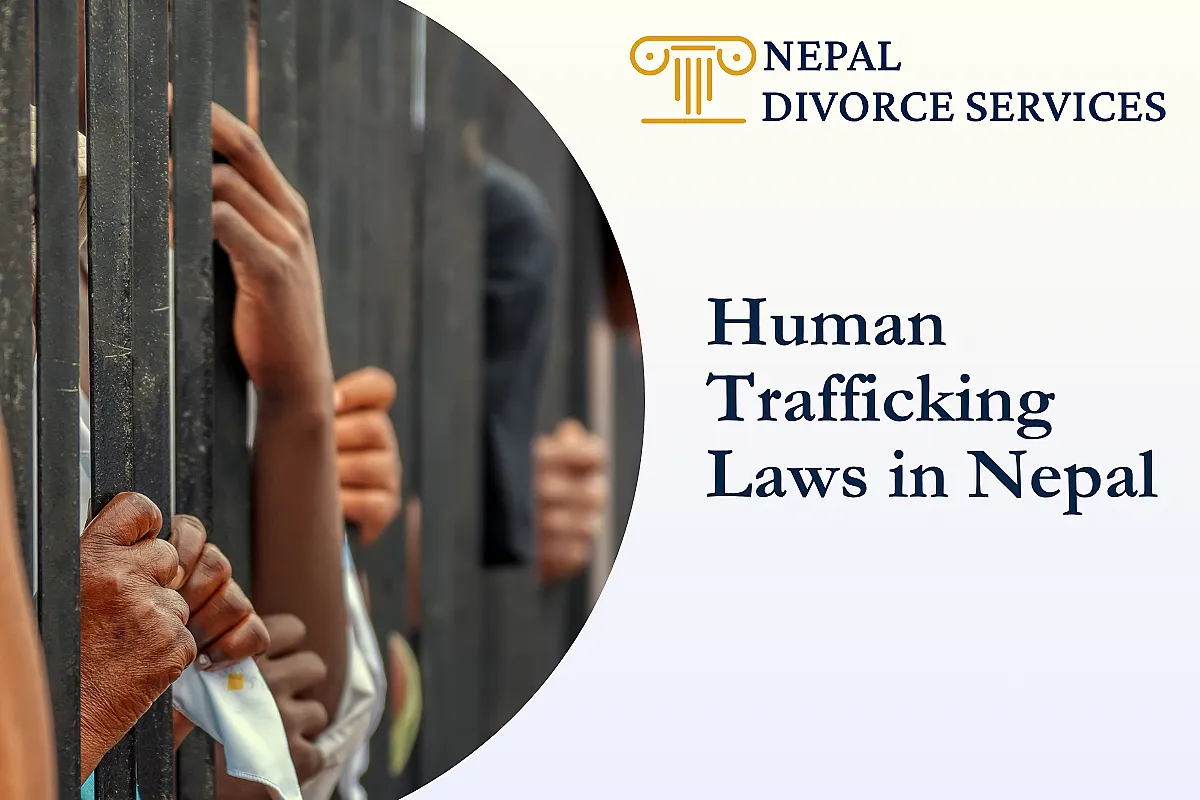Tag : International Legal Expert
The Legal System of Nepal
The legal system of Nepal is a complex and evolving system that has been shaped by a variety of influences, including the country's history, culture, and religion. The legal system is also influenced by the country's current political and economic situation. The history of the legal system of Nepal can be traced back to the 18th century when the country was ruled by the Shah dynasty. During this period, the legal system was based on Hindu law and customary law. In the 19th century, the British colonial government introduced elements of common law into the Nepalese legal system.
Human Trafficking Laws in Nepal
Human trafficking is a global issue that impacts men, women, and children in over 130 countries, including Nepal. Trafficking involves recruiting, transporting, or harboring individuals through force, deception, or coercion, often leading to exploitation in forced labor, sex trafficking, and organ removal. Nepal's Human Trafficking and Transportation (Control) Act, 2064 outlines strict penalties for traffickers, including imprisonment and fines for those involved in human trafficking, prostitution, or child exploitation. This guide provides an overview of the laws that aim to protect victims and reduce vulnerability, addressing key areas such as forced labor, sex trafficking, child labor, and organ trafficking.


